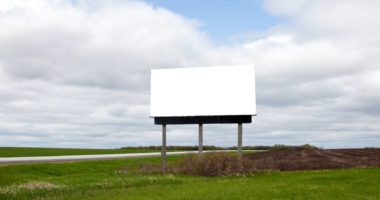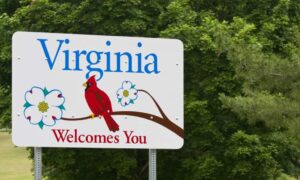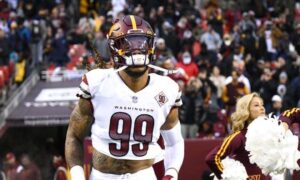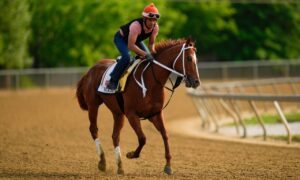Draft Of VA Sports Betting Regulations Bans Marketing Of Collegiate Events


In Virginia, the first rule of betting on college sports may be that you don’t talk about betting on college sports. That is, if one item in the draft of Virginia’s sports betting regulations survives.
Depending on the interpretation, one part of the proposed rules seems to ban all marketing of collegiate sporting events. If interpreted broadly, it could make Virginia one of the most restrictive markets for college sports betting in the country.
What the VA sports betting regulations say about advertising
In the Consumer Protection Program proposal, there’s an interesting section (Section 11 VAC 5-80-150) that reads:
“B. An advertisement for sports betting may not depict:
1. Minors, other than professional athletes who may be minors
2. Students
3. Schools or colleges
4. School or college settings”
A simple reading of the text suggests that sportsbook operators can’t use any college or university names or references in marketing. From one perspective, that’s irrelevant.
To explain VA law on betting on college sports, the annual NCAA Division 1 men’s basketball championship tournament is a great example.
VA sportsbooks will be free to post futures markets on which team will win the tournament, excluding any in-state teams.
For single games within that tournament, Virginians can wager on any of them that don’t involve in-state teams. VA law also bans prop bets on any college sporting events, regardless of where the teams come from.
For that reason, the amount of marketing of college sports markets that sportsbooks might do is already limited.
At the same time, the annual College Football Playoff and March Madness are usually big-time events for sportsbooks. How the VA Lottery interprets this possible regulation will have a large impact on those markets.
The meaning of words is a big deal
The first question when analyzing this rule is how the lottery interprets the word “depict.” Would a generic representation of a basketball court and the words “March Madness” qualify as an unallowable depiction?
Suppose the lottery paints with a broad brush, so nearly any attempt to advertise betting markets for college sports would be banned. A more narrow application may afford the operators some wiggle room, however.
The next question is whether guarantees against lost wagers and odds boosts would be considered advertising. Once again, a broad definition could include such devices aimed at enticing bettors to put money down on those markets.
If this tenet of the rules is broadly applied, wagering on college sports in VA could essentially have the feel of black market activity, although technically legal in a limited fashion.
Sportsbooks would not be able to advise bettors of their markets or offer any promotions based on them.
The important thing to remember in this regard, however, is that these regulations are provisional right now. There is also an opportunity for interested parties to have their say.
Public comment period is now open
Currently, the lottery is not only taking but openly soliciting comments from anyone interested in these regulations. The entire scope of the rules, not just this particular item, is fair game for criticism or praise.
During this period, potential operators may seek clarification on this rule or suggest alternative wording. Such feedback could lead to significant changes.
If the current iteration survives into the final rules and is broadly applied, VA could be one of the most restrictive markets for betting on college sports in the US.
For now, this is one area where interested parties can weigh in.







